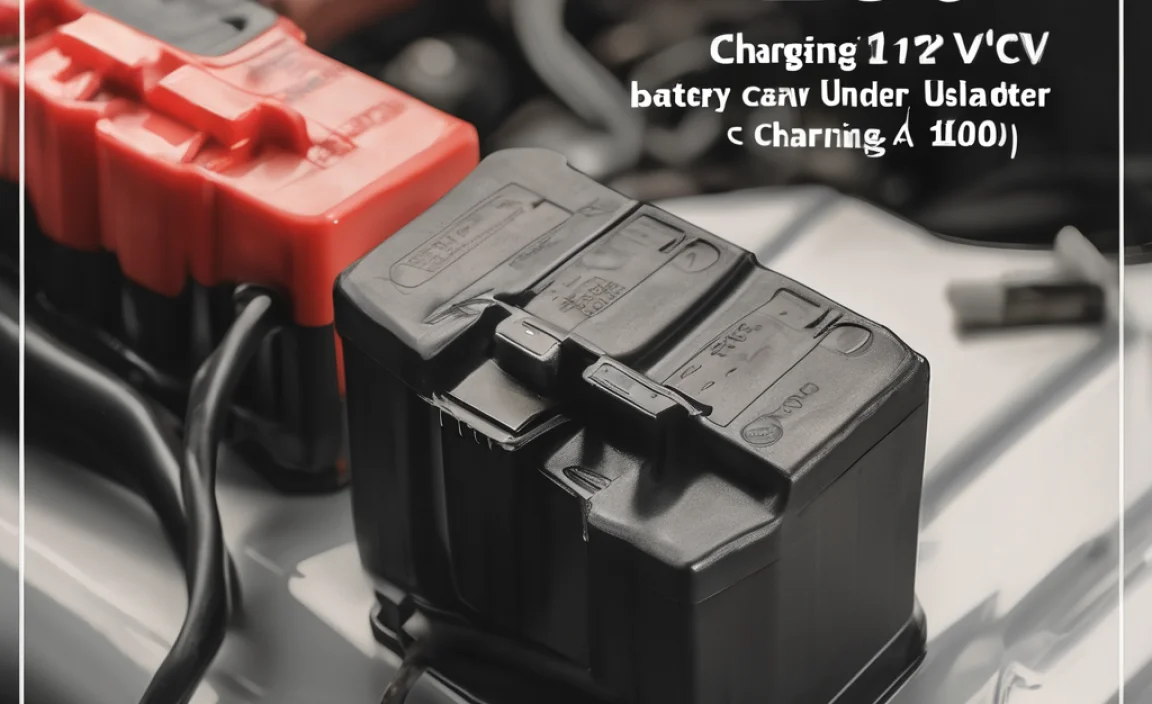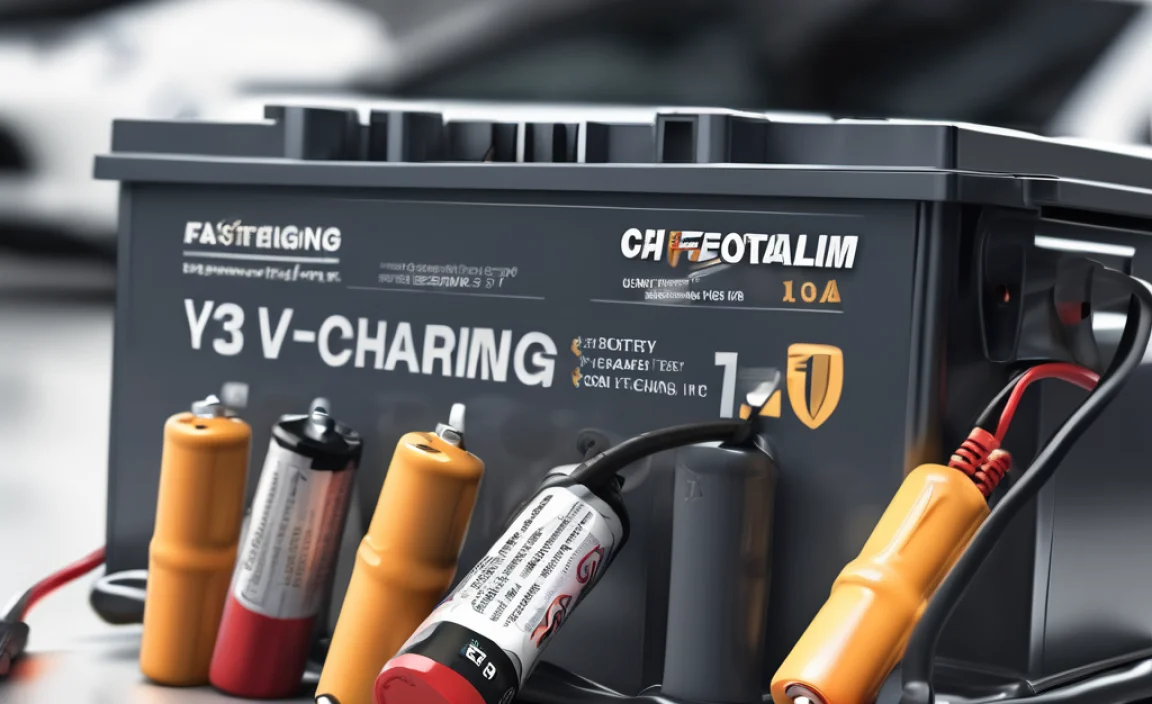Backup Batteries for Solar Systems: Ensuring Essential Power, Day and Night
Backup batteries for solar systems are rapidly transforming our relationship with renewable energy. Once primarily viewed as a means to offset electricity bills during daylight hours, solar power is now evolving into a more robust and reliable energy solution thanks to the integration of energy storage. These batteries are not just an add-on; they are becoming an essential component for homeowners and businesses looking to maximize their solar investment, gain energy independence, and ensure a consistent power supply even when the sun isn’t shining.
The promise of solar energy is undeniable: clean, abundant power generated directly from sunlight. However, the inherent intermittency of solar generation – the sun doesn’t shine at night or on heavily overcast days – presents a significant challenge. Without a way to store excess energy produced during peak sunlight hours, that valuable energy is simply lost. This is where backup batteries for solar systems step in, acting as a crucial bridge to unlock the full potential of solar power.
The Crucial Role of Backup Batteries in a Solar System
At its core, a solar energy system converts sunlight into electricity. This electricity is then used to power your home or business. Any excess electricity not immediately consumed is typically sent back to the grid, often earning you credits on your electricity bill (net metering). However, this reliance on the grid means that when the grid goes down, so does your solar power. This is a critical vulnerability, especially in areas prone to power outages due to severe weather, aging infrastructure, or other disruptions.
This is where the true value of backup batteries for solar systems comes into play. These batteries store the surplus energy generated by your solar panels. When the sun sets, or during a grid outage, the stored energy within the battery can be instantaneously discharged to power your essential appliances, lighting, and electronics. This provides a seamless transition, ensuring your lights stay on, your refrigerator keeps running, and your devices remain charged, offering peace of mind and enhanced resilience.
Understanding the Technology Behind These Essential Systems
Modern backup batteries for solar systems utilize advanced battery chemistries, most commonly lithium-ion technology. Lithium-ion batteries are favored for their high energy density, long lifespan, efficient charging and discharging cycles, and relatively low self-discharge rates. Within the lithium-ion family, various subtypes exist, such as Lithium Iron Phosphate (LiFePO4), which is increasingly popular due to its enhanced safety profile and extended cycle life.
These battery systems are not standalone units. They are integrated into your overall solar setup and include a sophisticated Battery Management System (BMS). The BMS is the “brain” of the battery, constantly monitoring its performance, temperature, voltage, and current. It ensures optimal charging and discharging, prevents overcharging or deep discharging (which can damage the battery), and communicates with the solar inverter and your home’s electrical panel. This intelligent management is vital for prolonging the battery’s lifespan and ensuring safe, efficient operation.
Key Benefits of Investing in Backup Batteries for Solar
The advantages of incorporating backup batteries for solar systems extend far beyond simply having power during an outage.
Energy Independence and Resilience
Perhaps the most compelling benefit is achieving a greater degree of energy independence. By storing your own solar energy, you reduce your reliance on the utility grid. This is a significant advantage, particularly for individuals living in remote areas or regions with unreliable power grids. When the grid fails, your solar system, coupled with its battery backup, can continue to provide electricity, keeping you comfortable and safe.
Maximizing Solar Investment
For many, installing solar panels is a significant financial investment. Backup batteries allow you to maximize the return on this investment. Instead of sending all excess energy back to the grid, you can store it for later use. This means you can power your home with your own solar energy during peak demand hours when electricity from the grid is often most expensive. This self-consumption further reduces your electricity bills and accelerates the payback period for your solar installation.
Peak Shaving and Demand Charge Management
For commercial and industrial customers, and even some residential ratepayers with time-of-use (TOU) electricity plans, managing peak demand charges can be a significant expense. Backup batteries can be programmed to discharge during high-demand periods, effectively “shaving” the peak load that your property draws from the grid. This can lead to substantial savings on electricity bills by lowering demand charges.
Environmental Benefits
By increasing the self-consumption of solar energy, battery storage further enhances the environmental benefits of going solar. It allows you to utilize more of the clean energy you generate, reducing your need to draw electricity from fossil fuel-powered grid sources, even during the night. This contributes to a lower carbon footprint and a cleaner environment.
Grid Services and Potential Revenue Streams
In some regions, utility companies are beginning to offer programs that allow homeowners with battery storage to participate in grid services. By allowing the utility to draw power from your battery during times of grid stress, you can earn financial incentives. This turns your backup battery into an active participant in grid stability and a potential source of additional income.
Factors to Consider When Choosing Backup Batteries
Selecting the right backup batteries for solar system requires careful consideration of several factors to ensure they meet your specific needs and budget.
Capacity (kWh): This refers to the amount of energy the battery can store. Your needs will depend on your typical energy consumption, especially during nighttime hours or potential outage durations. Sizing too small means you won’t have enough backup power, while oversizing can lead to unnecessary costs.
Power Output (kW): This is the rate at which the battery can deliver energy. It’s crucial to ensure the battery can supply enough power to run your essential appliances simultaneously during an outage.
Lifespan and Cycle Life: Batteries have a finite lifespan and a limited number of charge/discharge cycles. Look for batteries with robust warranties and verifiable long cycle lives.
Warranty: A comprehensive warranty is essential. It should cover both the battery itself and its performance degradation over time.
Inverter Compatibility: Ensure the battery system is compatible with your existing or planned solar inverter. Some battery systems come integrated with inverters or are designed to work seamlessly with specific models.
Installation and Maintenance: Consider the complexity of installation and any ongoing maintenance requirements.
The Future of Solar and Battery Storage
The synergy between solar power and battery storage is undeniable. As battery technology continues to advance, becoming more affordable, efficient, and longer-lasting, the integration of backup batteries for solar systems will become increasingly commonplace. This evolution promises a future where energy is cleaner, more reliable, and accessible to everyone, empowering individuals and communities with a greater degree of energy sovereignty and resilience. Investing in these systems is not just about backup power; it’s about embracing a smarter, more sustainable energy future.


